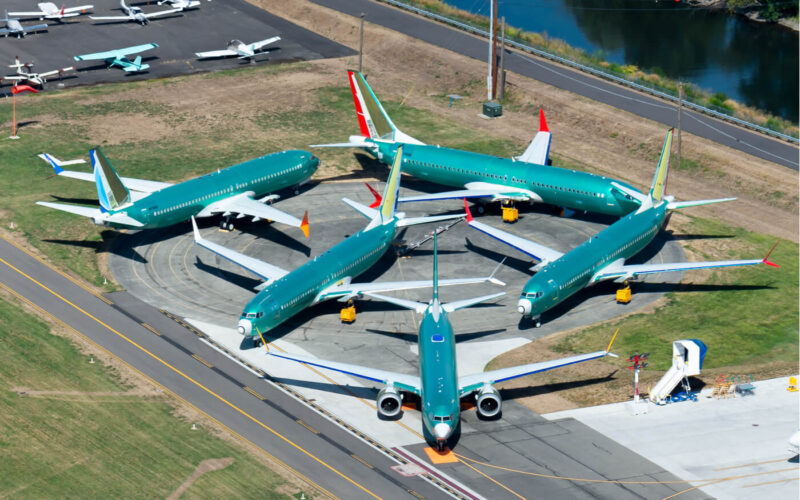A week before Boeing announced its decision to halt 737 MAX production due to, among other factors, the prolonged certification of the grounded aircraft, the Federal Aviation Administration (FAA) chief has outlined the steps that still need to be made before the MAX can return to service.
Testifying before the United States House Committee on Transportation and Infrastructure on December 11, 2019, FAA administrator Steve Dickson described the Boeing 737 MAX certification as a “thorough process” which was “not guided by a calendar or schedule”.
The process is indeed not guided by a schedule or a timeline, not by one in Boeing’s taste at least. Latest FAA’s estimations time the possible 737 MAX return to service in 2020, contrary to Boeing’s previous estimation of late 2019.
Told to take whatever time is needed, the FAA’s employees are now carrying through a data-driven, methodical analysis, review, and validation of the modified flight control systems and pilot training.
To be more precise, the key works remaining include certification flight test, evaluation of pilot training needs and the review of all final design documentation. The FAA will later issue Continued Airworthiness Notification and Airworthiness Directive, which would outline needed significant safety and required corrective actions.
The FAA is not the only authority carrying out the tasks. For instance, pilot needs evaluation is a joint work between FAA’s Flight Standardization Board and Canadian, European and Brazilian partners. The documentation review, besides the FAA, would also have to be carried out by the multi-agency Technical Advisory Board.
As for Boeing’s production halt, having the plane ungrounded is just one part of the work. At the moment, it has over 400 planes in storage and the number does not include aircraft that have already been delivered to customers and are currently stored by airlines. The importance of getting these airplanes ready for service has been highlighted by the planemaker itself. Announcing the production halt, Boeing said that the move should help it to “prioritize the delivery of stored aircraft”.
On December 17, 2019, Boeing revealed it would stop manufacturing new 737 MAX aircraft from January 2020. The planemaker said the decision was driven by a number of factors, including the extension of certification into 2020, the uncertainty about the timing and conditions of return to service and global training approvals.
The Boeing 737 MAX has now been grounded for nine months. The worldwide ban of operating the aircraft was put in place in March 2019, following two crashes that killed 346 people.

